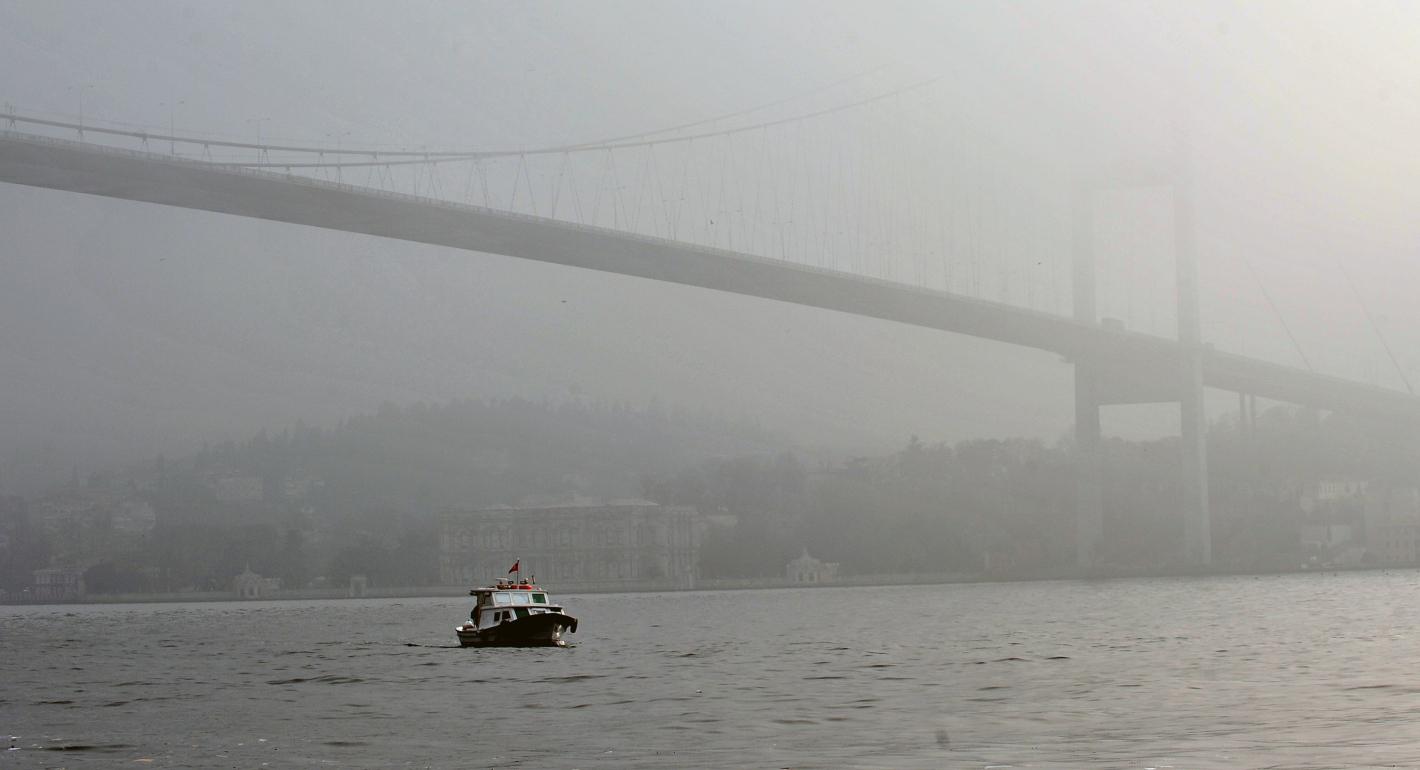The main source of Russian aggression is a profound mistrust of the West and the firm belief that it intends to inflict a “strategic defeat” on Russia. As long as this fear persists, the war will not end.
Tatiana Stanovaya
{
"authors": [
"Marc Pierini"
],
"type": "legacyinthemedia",
"centerAffiliationAll": "dc",
"centers": [
"Carnegie Endowment for International Peace",
"Carnegie Europe",
"Malcolm H. Kerr Carnegie Middle East Center"
],
"collections": [
"Turkey’s Transformation",
"Transatlantic Cooperation"
],
"englishNewsletterAll": "",
"nonEnglishNewsletterAll": "",
"primaryCenter": "Carnegie Europe",
"programAffiliation": "EP",
"programs": [
"Europe"
],
"projects": [],
"regions": [
"Europe",
"Türkiye",
"Middle East",
"Iran"
],
"topics": [
"Foreign Policy",
"Security",
"Political Reform"
]
}
Source: Getty
Turkey’s misguided economic policies and slide toward autocracy have exacerbated the country’s relationship with the West. Meanwhile, Ankara’s bipolar foreign policy largely escapes Western leaders and analysts.
Hellenic Foundation for European and Foreign Policy
It has been common, in the past few years and especially the past few weeks, to say that Turkey’s relationship with the West, in particular with Europe, had become increasingly protracted. This may now be an understatement and ‘labyrinthine’ may be a better description.
Ankara’s choices on governance, economic policy, military operations abroad, missile defence, or most recently maritime boundaries have puzzled many of the country’s traditional partners. Even more than substance, it’s the methods and the words used by the leadership that have left most Western political leaders befuddled. Conversely, in reaction to Ankara’s latest initiatives in the Eastern Mediterranean, EU member states and the European Union itself have strongly opposed Turkey’s course of action.
Inevitably, trying to understand Turkey’s current policies is highly risky for a foreign observer. But, international relations being as much about perceptions as they are about substance, it is important to distinguish one from the other, especially in a situation where a Western ally turns aggressively against its partners.
This article is not academic in nature, but is rather an attempt to shed some light, from a Western standpoint, on where stakeholders collectively stand and where they might go from here.
This article was originally published by the Hellenic Foundation for European and Foreign Policy.

Carnegie does not take institutional positions on public policy issues; the views represented herein are those of the author(s) and do not necessarily reflect the views of Carnegie, its staff, or its trustees.
The main source of Russian aggression is a profound mistrust of the West and the firm belief that it intends to inflict a “strategic defeat” on Russia. As long as this fear persists, the war will not end.

Tatiana Stanovaya
Europe’s interests in Syria extend beyond migration management, yet the EU trails behind other players in the country’s post-Assad reconstruction. To boost its influence in Damascus, the union must upgrade its commitment to ensuring regional stability.


Bianka Speidl, Hanga Horváth-Sántha
European democracy support strategy in 2025 prioritized protecting democratic norms within Europe. This signals the start of a structural recalibration of the EU’s approach to democracy support.



Richard Youngs, ed., Elena Viudes Egea, Zselyke Csaky, …
Despite its reputation as an island of democracy in Central Asia, Kyrgyzstan appears to be on the brink of becoming a personalist autocracy.

Temur Umarov
It’s dangerous to dismiss Washington’s shambolic diplomacy out of hand.

Eric Ciaramella